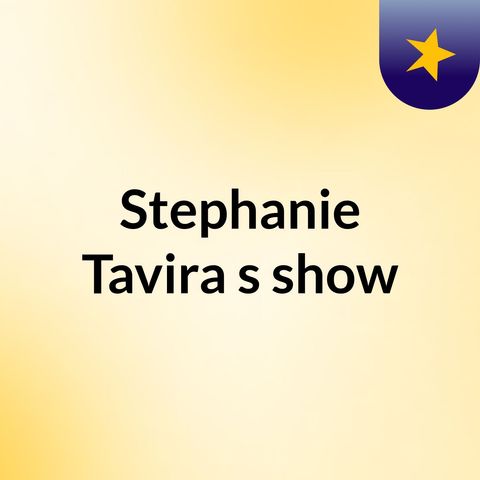Chapter 19

Download and listen anywhere
Download your favorite episodes and enjoy them, wherever you are! Sign up or log in now to access offline listening.
Nov 30, 2018 ·
5m 20s
Unlike the last chapter, this chapters focuses on the fat that not every person in the same geographical area will speak in the same way. Language variation may differ due...
show more
Unlike the last chapter, this chapters focuses on the fat that not every person in the same geographical area will speak in the same way. Language variation may differ due to education or economic status, as well as gender. These are indicators of a membership in different social groups or speech communities. A speech community is a group of people have the same rules and expectations regarding the use of language. The term sociolinguistics is used to describe the study of the relationship between language and society. Just as discussed in the last chapter, dialects are not only different regionally, but socially as well. This is distinguished by social class to define what speakers have in common. Sociolects are a variety of language associated with one social group. An example of this would be “upper-middle-class speech.” When studying social dialects, only certain features are relevant such as pronunciation, words, or structures. Even the smallest difference in any of these indicates social status. When studying social dialect, class is the social variable and the pronunciation as the linguistic variable. An example of social dialect would be someone using the phrase I ain’t hungry, which is referred to as working-class speech. However, each person has their own dialect, which is referred to as idiolect. At the same time, we tend to sound similar to those who we share educational backgrounds or occupations with. That is to say that people who continued education will have a different way of speaking than those who did not or those who dropped out early. The book states that the outcome of our time in the education system is reflected in our occupation and socioeconomic status. In the 1960’s, William Labov conducted an experiment where he went to three different departments stores with different classes and asked sales people specific questions. In this study, he found that the department stores of a higher class pronounced more r sounds than the ones of a lower class status. However, a British study conducted found the opposite in that the higher class pronounced less r sounds than the lower status class. This can be used as an example of a social marker. A social marker is a linguistic feature that marks the speaker as a member of a particular social group. This can be done whether you realize it or not. A social marker would be if someone pronounces it as sittin’ rather than sitting. Another social feature of language use is speech style, which is a way of speaking that is either formal and careful or informal and casual. They can also be referred to as careful style and casual style. When you change from one style to another, you are style-shifting. An example would be in the way you speak to your friends versus how you speak to a professor. In his experiment, Labov assumed that the retail workers were speaking in an informal manner. When he asked them to repeat themselves, they switched to a more careful style. Some individuals change their speech to what they perceive would belong to a higher class status. This is referred to as overt prestige, which is when a status is recognized as better or valued more positively in the community. Covert prestige on the other hand is when the status of a speech style or feature as having positive value, but is not valued in the same way within the community. This is evidenced when lower-working- class speakers do not change their speech style because they value the features that mark them as members of their social group.
show less
Information
| Author | Stephanie Tavira |
| Website | - |
| Tags |
-
|
Copyright 2024 - Spreaker Inc. an iHeartMedia Company
